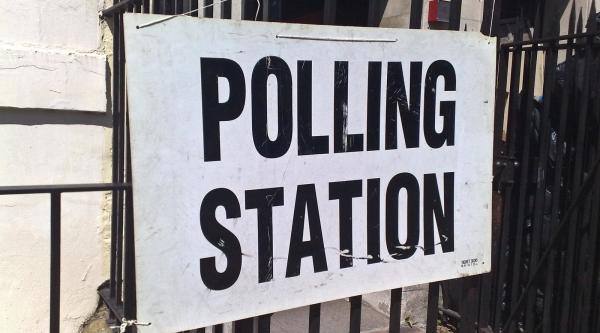How to get a direct payment in Northern Ireland
Find out how to get a direct payment in Northern Ireland if you are eligible.
Direct payments in Northern Ireland
- Direct payments in Northern Ireland
- You are here: How to get a direct payment in Northern Ireland
- Direct payments in Northern Ireland – FAQs
- Direct payments in Northern Ireland – useful organisations
If you need care and support, you should contact your local HSC trust and ask for a needs assessment. Details for your local trust can be found in your local telephone directory, online, at your GP surgery or through Health and Social Care in Northern Ireland.
A social worker, care manager or social care assessor will then visit to talk to you about your situation and the kind of care and support you need. They will use this information to decide what your needs are and what kind of help you are entitled to.
You may be offered a direct payment as a result of the assessment, or you can ask to receive one.
If you decide to receive a direct payment, the trust will then decide how much they will pay and what the money is intended to be spent on. There are no set amounts or minimum and maximum limits for direct payments. Instead, the payment must be enough for the person to be able to get a service they need to a standard that the trust considers acceptable.
If you feel that the amount the trust suggests is not enough to get a particular service, you should first speak to them about this. If you cannot resolve the issue this way, you can use the trust’s complaints procedure to take the matter further. With any complaint you bring, it’s important to explain why the direct payment is not enough, and what care and support you need.
How direct payments are made
Direct payments are paid into a bank account. It is probably best to open a bank account specifically for the direct payments. The HSC trust will sometimes ask to look at this account so they can check that you are spending the money appropriately.
The HSC trust will tell you, or whoever manages the payments for you, what records you need to keep and what information you need to provide.
The HSC trust can also decide to stop direct payments if they feel that you are not getting the care you need, or if you or the person managing the payments for you is unable to do so.







